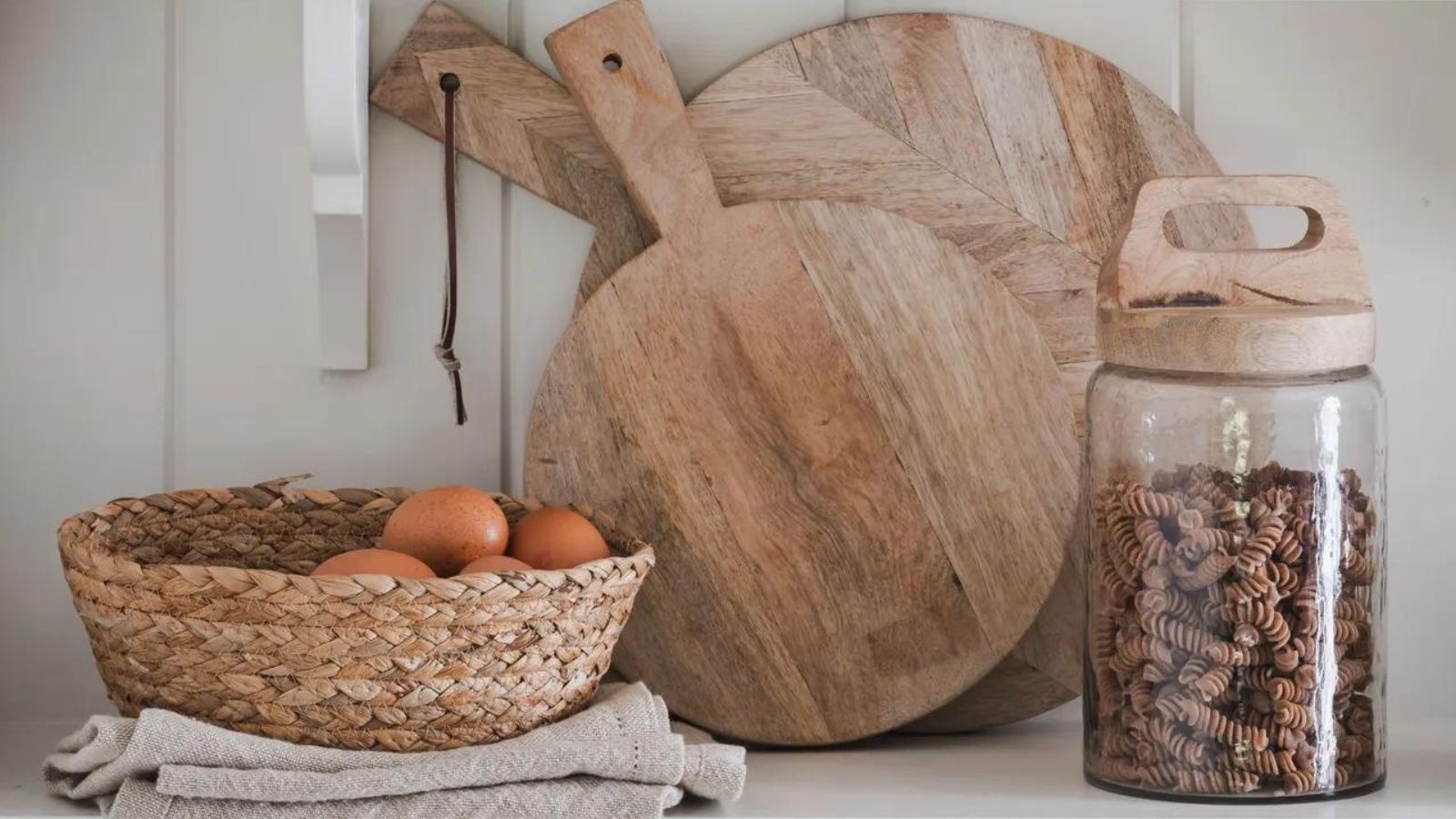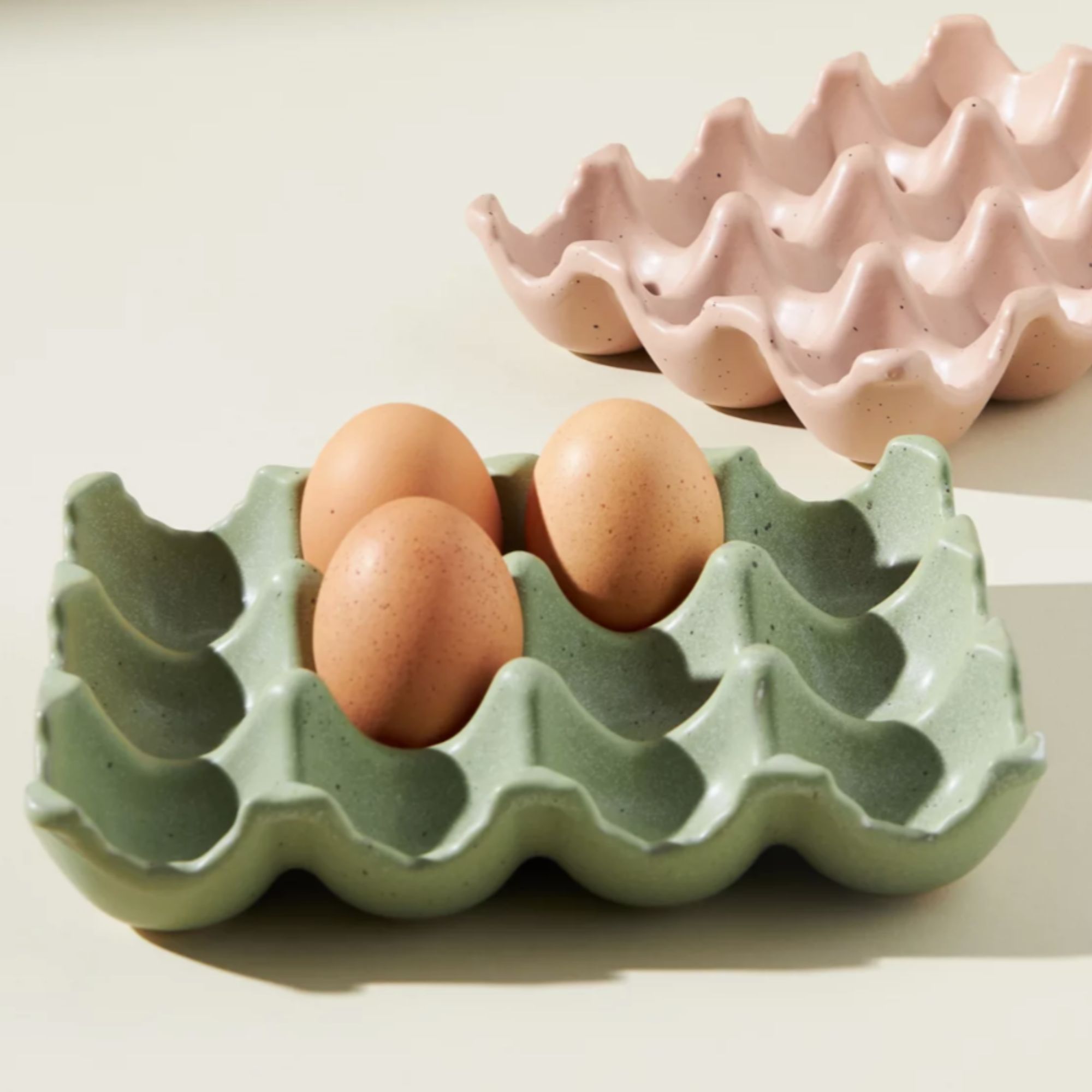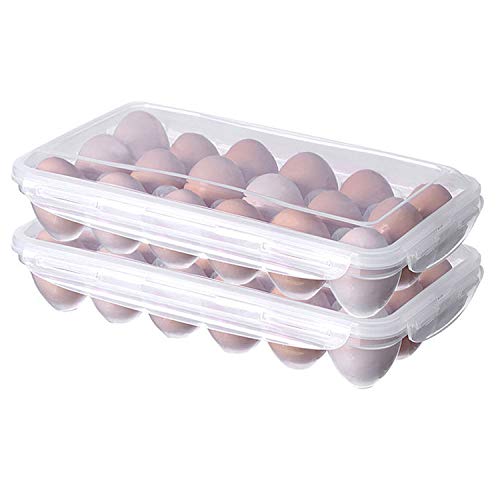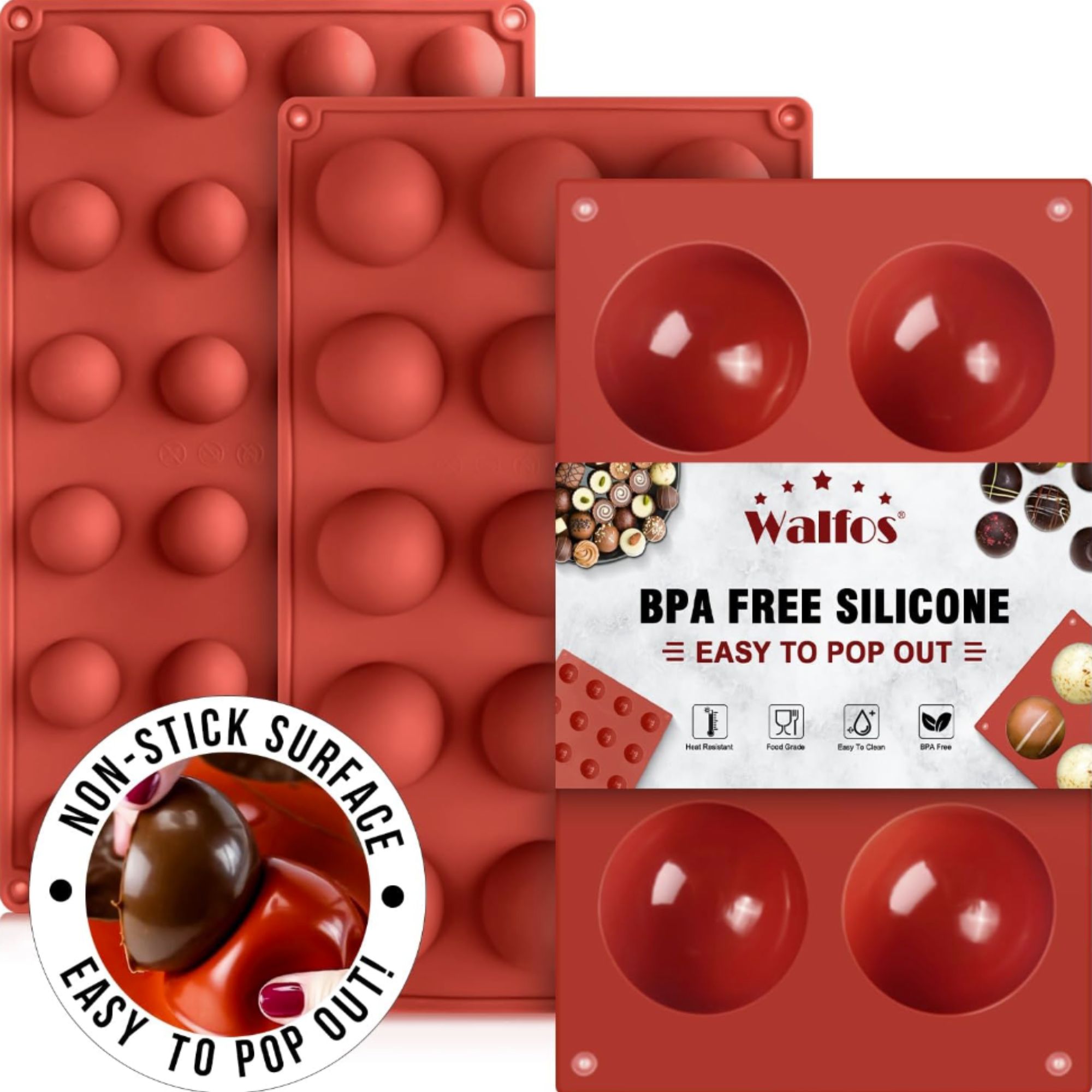I've been storing eggs wrong all this time – here's how to avoid my mistakes and prolong the shelf-life of your daily protein fix
This advice on how to store eggs from experienced farmers and producers will keep you and your family healthy and your eggs fresh for longer


Design expertise in your inbox – from inspiring decorating ideas and beautiful celebrity homes to practical gardening advice and shopping round-ups.
You are now subscribed
Your newsletter sign-up was successful
Want to add more newsletters?

Twice a week
Homes&Gardens
The ultimate interior design resource from the world's leading experts - discover inspiring decorating ideas, color scheming know-how, garden inspiration and shopping expertise.

Once a week
In The Loop from Next In Design
Members of the Next in Design Circle will receive In the Loop, our weekly email filled with trade news, names to know and spotlight moments. Together we’re building a brighter design future.

Twice a week
Cucina
Whether you’re passionate about hosting exquisite dinners, experimenting with culinary trends, or perfecting your kitchen's design with timeless elegance and innovative functionality, this newsletter is here to inspire
I've started enjoying eating eggs more recently and I'm discovering how versatile they are, whether you scramble, boil, poach or fry them up for breakfast, incorporate into baking recipes, or make them the hero in more indulgent dishes, such as shakshuka – a personal favorite.
There are so many egg recipes to try, but it's so important to know how to store eggs to ensure that they stay as fresh as possible. If they have prematurely gone off, you could be risking the health of yourself and your family as bad eggs can make you very sick.
To ensure that everyone stays happy and healthy, I asked egg producers and professional farmers how to store eggs to optimize freshness, so all you have to worry about it how to cook them.
How to store eggs
I've recently learned that eggs aren't just an incredible ingredient but using eggs in the garden is a great way to recycle the shells to benefit your yard's soil and grow other ingredients. I love how full-circle this feels – enjoying my eggs for breakfast and then recycling the shells to help grow something new.
I'll be following these expert tips from now on to ensure that my eggs stay fresh, and good to eat from the moment I put them in my shopping basket to cracking them into the pan.
1. Store eggs upside down
Eggs come in cartons for many reasons, not least because they're a convenient way to carry them home from the grocery store. What I didn't know though, is that flipping each of your eggs upside down in the carton when you get them home from the store, can actually extend an egg's shelf life.
Trey Braswell of Braswell Family Farms, a fourth-generation family egg farm explains, 'Storing eggs with the pointed end down helps because of the position of the air cell located at the wider end of the egg. By keeping this air cell at the top and away from the yolk, you can slow down moisture and carbon dioxide loss to keep the egg fresh slightly longer.'
Design expertise in your inbox – from inspiring decorating ideas and beautiful celebrity homes to practical gardening advice and shopping round-ups.
If you don't like the look of bulky egg cartons but want to try out this hack I recommend this set of 3pc wooden egg holder from Amazon which comes in layers offering easy and attractive stacked storage.
2. Keep freshly laid eggs on the counter
I wasn't aware until now that there's a key difference between how you store eggs that you've bought from the store versus eggs that have come from a farm shop or homestead.
Eggs freshly laid from garden hens or bought from a farm shop, that have never been washed should be kept on the counter at room temperature.
Anna Sakawsky of The House & Homestead, says, 'If you have your own laying hens, you’re likely getting a glut of fresh eggs every day. I try not to wash them, because washing eggs removes the protective coating on the outside of the egg called the “bloom” (also known as the “cuticle”). This protective layer helps prevent bacteria from permeating the eggshell and prevents moisture loss.'
Freshly laid eggs don't require refrigerating as they haven't been through a washing process – so will be naturally protected – or been refrigerated on their journey to a store. As you'll read below this is the crucial difference between shop-bought and fresh laid eggs.
If you do have a glut of eggs that you can't get through, Anna suggests transferring them to the fridge after two weeks and gently wiping them down with paper towel.
3. Keep store-bought eggs in the fridge
In contrast, eggs from a grocery store require refrigerating, as they will have been washed (removing that protective 'bloom') and likely already been refrigerated during transportation. This means they won't last as long if stored in environments with fluctuating temperatures.
Lisa Steele, a fifth-generation chicken keeper and author of Fresh Eggs Daily, says, 'Eggs from a store that are refrigerated last about seven times longer, which is a significant difference. I recommend keeping eggs in the coldest part of the fridge, not the door, to help keep the eggs at a constant temperature.'
So, don't be fooled by those egg storage areas in your fridge door, as I have. I'll be keeping mine on the shelves from now on to keep them fresh and ready to cook in the best non-stick frying pans.
4. Never wash eggs at home before storing
Before you store eggs, never wash them yourself at home. I was wondering why this is such a big "no-no", especially if you're careful and see no visible damage to the eggs after washing. But, according to the experts, washing them can lead to eggs that make you ill down the line, especially if you cook eggs in a microwave incorrectly.
Sarah Beth Tanner, an "eggspert" at Pete & Gerry's which produce humane, organic eggs, says, 'Just as you shouldn't leave your store-bought eggs out on the counter for more than two hours, you should never wash an egg at home. Doing this can push bacteria through the shell. If you come across an egg with dirt on it, you should simply wipe it off with a dry cloth or paper towel.'
5. Freeze raw egg for later use
This is one of my favorite egg hacks as someone who struggles to get through a dozen eggs before they're past their best. If you have more eggs than you can currently eat, the best thing to do is freeze them while they're raw. You can't just put eggs as they are whole in the freezer as they will expand and crack, so whisk them up and store the liquid in manageable portion sizes for later use.
'I like to scramble individual raw eggs in silicone molds and freeze them,' says Anna. 'Once fully frozen, I transfer them to a Ziplock bag to store for up to 6 months.'
The HUAKENER 2pc silicone muffin top pans from Amazon are perfect for portioning out your eggs for freezing. You can either whizz up your eggs by hand or in one of the best hand mixers.

This ceramic egg crate is a lovely way to display your farm-fresh eggs on the counter. I love the sage green shade and speckled detailing.

Nothing makes me more confident that my eggs are safely stored than a lidded container like these.

These silicone molds make perfectly portioned eggs for freezing. You could even crack the eggs into the molds unscrambled to save eggs ready to fry.
FAQs
How can I tell if my eggs have gone bad?
There are many clear ways to tell if your eggs have gone bad and shouldn't be eaten.
Elisa Maloberti, food safety manager at The American Egg Board, says, 'The common "float test" isn’t a reliable freshness indicator. Every egg has an air cell, which is just under the shell, typically on the large end of the egg, but other factors, like shell permeability, affect floating. Discard any eggs with shells that don’t look or feel clean, normally colored and dry. A slimy feel can indicate bacterial growth and regardless of color, powdery spots that come off on the hand may indicate mold.'
How far past their 'best before' date are eggs safe to eat?
The "best before" date on food items can be confusing, as many items will still be safe to eat and taste good after the date has passed. There's a special code to look for on many store-bought food items though, known as the 'Julian date', and Lisa says once you find it your eggs should be fine to eat weeks after.
'The best before date on an egg carton refers mostly to the egg structure and texture,' says Lisa. 'Eggs don't lose much nutrition-wise as they age, but the whites will get watery and the membrane over the yolk will thin out, so the yolk is more prone to breaking. Eggs should be good for about a month after the best before date. But instead, look at the Julian date (the 3 digit code on the carton). That's the date the eggs were put in the carton. Eggs should last 6 weeks or so beyond that without issues, and still be fine to eat even a few weeks later.'
If you love the thought of waking up to fresh eggs every morning and feel you can care for chickens, why not learn more about keeping chickens and consider having some in your yard? They can be incredibly friendly birds, as well as highly social.

Ciéra is a writer and regional laureate with particular passions for art, design, philosophy and poetry. As well as contributing to Homes & Gardens, she's an Editorial Assistant for Design Anthology UK and a contributing writer for magazines including Livingetc, Apartment Therapy, House Beautiful and Ideal Home. Previous commendations of hers include being Highly Commended by The Royal Society of Literature and receiving a prestigious MA Magazine Journalism scholarship to City, University of London.